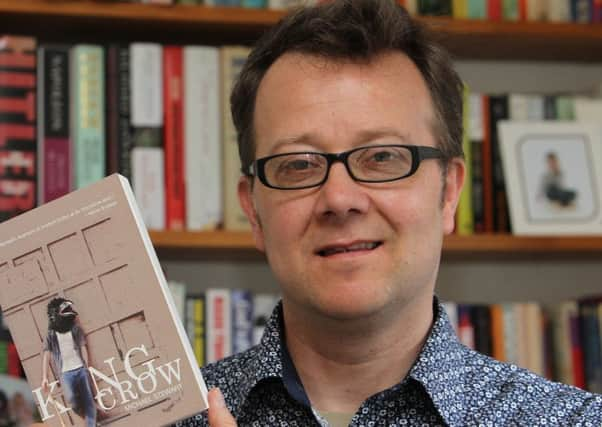Yvette Huddleston: Why publishers needs to look north if they really want to diversify


The Northern Fiction Alliance, set up in 2016 specifically to promote publishing outside London and the south-east, comprises 11 Northern publishing companies – they are Comma Press (Manchester), Peepal Tree Press (Leeds), Dead Ink Books (Liverpool), And Other Stories and Tilted Axis (both in Sheffield), Saraband (Salford), Bluemoose (Hebden Bridge), Mayfly (Newcastle), Valley Press (Scarborough), Wrecking Ball (Hull) and Route (Pontefract). Their missive was directed at the big publishing houses in our capital city and they were uncompromising in their message, and rightly so.
It isn’t enough to talk about diversity, they pointed out, you have to take practical steps to achieve it, and they suggested that if their industry truly wished to tackle the issue, as it claims, then it needed to diversify its workforce. And it should also disperse across the UK “in order to better engage with and embolden a new generation of writers, readers and aspiring publishers.”
Advertisement
Hide AdAdvertisement
Hide AdThey went on to state that “publishing – and the arts more widely – should be in the business of bringing in perspectives from the peripheries; yet it is one of the most centralised and metropolitan of all cultural industries.” The letter argued that it was necessary to challenge this outmoded, centralised model in order for the industry to survive – and I don’t think that is overstating the issue. The point is that, like all the creative industries, publishing has to reflect its audience and wider society. The Alliance set out a challenge, asking publishers to sign up to an Eight Point Plan which would help bring about genuine change and which includes commiting to paying interns a living wage, publishing more regional writers, developing a strategy to reach audiences beyond London and setting up a regional office in one of the cultural hubs outside the capital.
Let’s hope the big publishers take heed – and take action; it’s long overdue. It seems almost incredible this far into the 21st century, and with so much debate around diversity, that it is still the case that most of the creative industries remain too male, too white, too middle-class and too metropolitan.
And if anything, unless we are very careful, with the current Government’s attitude towards arts funding and education, that is only going to get worse. The insidious draining away of arts funding from the regions stems from the assumption that only London matters. That is not a healthy cultural landscape for any society. Everyone has a story to tell – and each deserves to be heard.